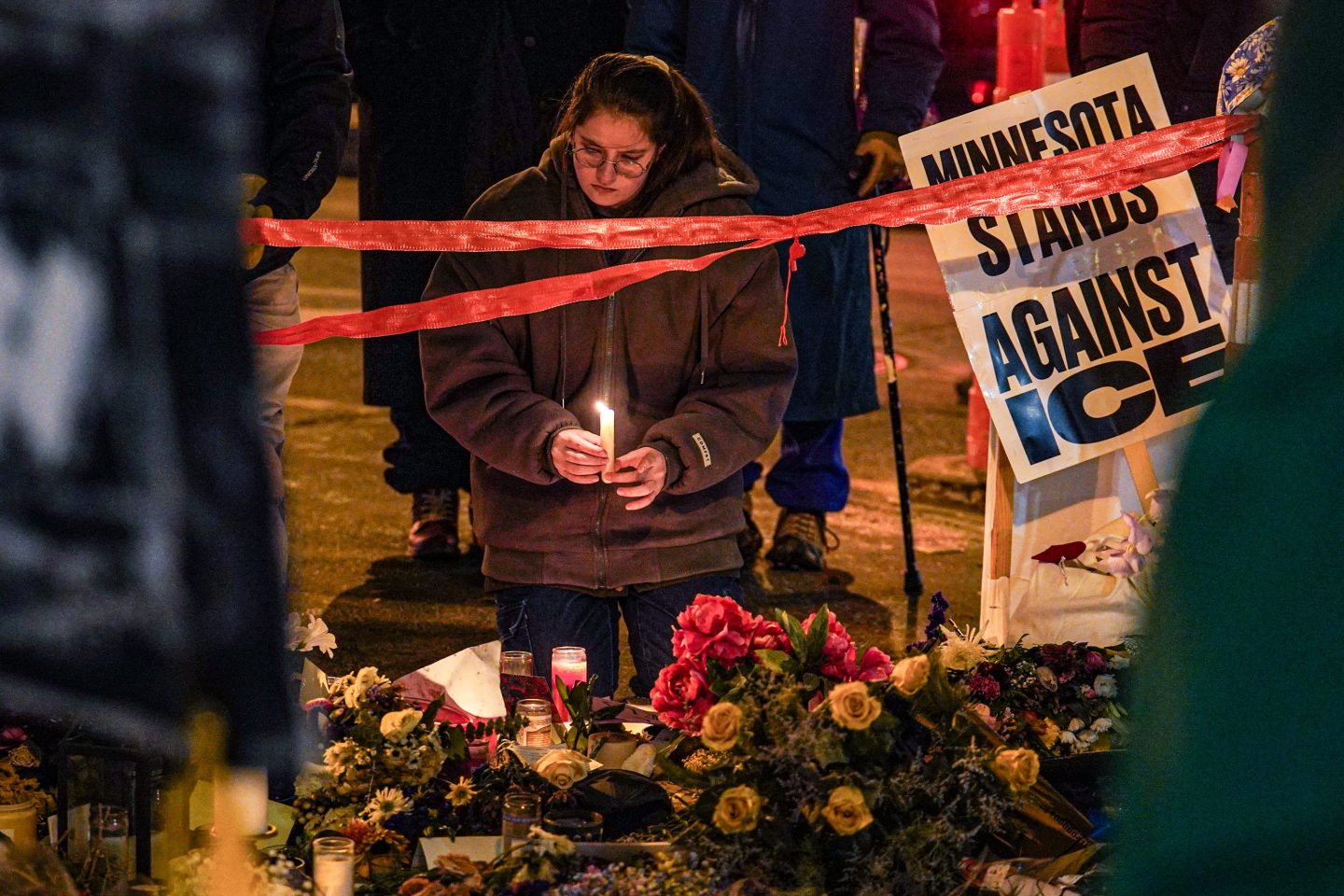Luxury hotels are quietly working to ensure their guests get the best night sleep possible.
That’s the takeaway from a New York Times story that focuses on snooze-focused programs implemented by large hotel chains such as Marriott (MAR) and Starwood (HOT), as well as smaller independent resorts. Some of the methods? A spa treatment service aimed at the sleep-deprived, hiring a “sleep consultant,” specialized lighting, and purchasing handmade mattresses.
At Marriott, for example, there’s a program that was implemented to help guests unwind when they arrive. And Some Starwood hotels have a menu that was specifically created to help guests sleep better, the Times reports.
All of these efforts are ways for the hotel industry to win a bigger slice of the sector’s $163 billion in annual revenue generated in the U.S. And it isn’t just about helping guests sleep. As other media outlets report, perks are a top focus for high-end hotels that want to stand out from their rivals. Gyms and fitness classes need to be swanky and treats for guests are becoming smaller, but more personalized.












